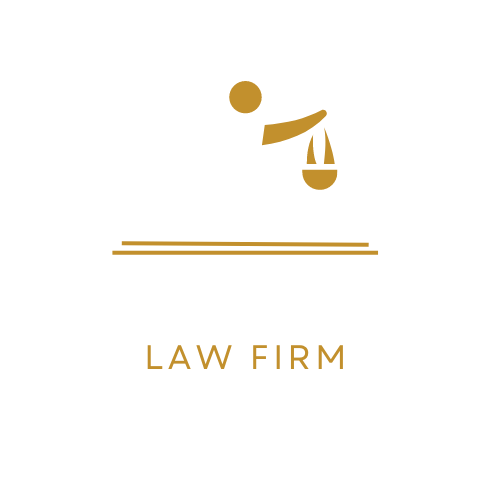Family law cases can have lasting and devastating repercussions, making people anxious and distressed.
Parents also rely on an array of social services that operate outside the jurisdiction of judges; parents may spend six months waiting on a list for a therapist three subway stops from home.
Divorce
Divorce cases typically feature multiple trials or bifurcated legal issues (which means separate trials). Each trial includes hearings to establish what evidence can be included, who might testify as witnesses, and any expert testimony necessary.
The spouse who filed for divorce – known as the petitioner – usually begins by providing evidence, such as documents and witnesses who will testify on their behalf. After this presentation of evidence has occurred, however, both attorneys can cross-examine witnesses on both sides.
At the conclusion of your trial, a judge will make his or her ruling based on all available evidence and family law rules/laws. His/Her decision is final.
Child Custody
Judges generally award custody to parents who will provide their child with a safe and nurturing environment, taking into consideration factors like previous abuse or neglect, educational performance and abilities as well as mental health status.
Parents’ disposable income and ability to maintain stability within the household should also be taken into account. Untreated mental illnesses, personality disorders and disruptive behavior will impede upon a parent’s ability to provide for their child properly.
Based on their age and preferences for where they wish to reside, the court might talk with them directly about this decision. A judge is usually open to listening to these requests provided it serves their best interests.
Child Support
Child support obligations should primarily fulfill children’s basic needs while upholding their standard of living. The court may take into account other expenses like tuition for private school tuition or extracurricular activities and summer camps in its determinations of support obligations for your children.
If a parent fails to pay child support, their petitioner can apply to Family Court for a money judgment and enforcement orders that may allow City Marshalls or judges to garnish wages, seize bank accounts and even deny driver’s licenses or employment eligibility eligibility – along with jail time in certain instances for willful disobedience. An experienced legal guide can assist in understanding these laws as well as present compelling cases in court.
Alimony
While many divorce cases are resolved amicably without going to trial, we can help you achieve optimal results by negotiating a custody and visitation agreement or alimony arrangement. Should trial be necessary, we can also represent you before either judge or jury.
Alimony or maintenance (commonly shortened to “spousal support”) may be awarded by a court depending on several factors, including the standard of living established during marriage and each spouse’s contributions towards maintaining it. Alimony typically serves a rehabilitational function before gradually disappearing when recipient spouse becomes self-supportive.
An experienced family law attorney can assist in gathering all necessary evidence in these matters.
Prenuptial Agreements
Prenuptial agreements can be an excellent way to protect your assets and financial interests in the event of divorce, but their inclusion can be limited by law. Any clauses which conflict with laws or public policy could be challenged as unenforceable; any clauses which appear unfair could even be challenged as unconscionable.
Due to judges being extremely scrutinous when reviewing prenups, it’s advisable to have your agreement reviewed and drafted by legal professionals. In addition, both parties to a prenup should obtain independent legal counsel to review it; failing to do so may result in its invalidity being determined.
Adoption
Contested adoptions involve legal proceedings that can be costly. Anyone considering adoption should consult a family law attorney in their area to get an estimate of costs associated with their case.
Kramer describes Family Court as an inhumanizing and cattle-call system, in which judges face overwhelming caseloads while families grapple with Kafkaesque dilemmas that have life-altering repercussions. According to recent reports, Brooklyn Family Court is particularly slow at holding permanency hearings – hearings to determine whether children should remain living in dangerous households – where decisions on this topic must be made.
If your family law case has been delayed, filing an appeal might be worth exploring. To learn more, speak to an adoption-focused family law attorney near you.

